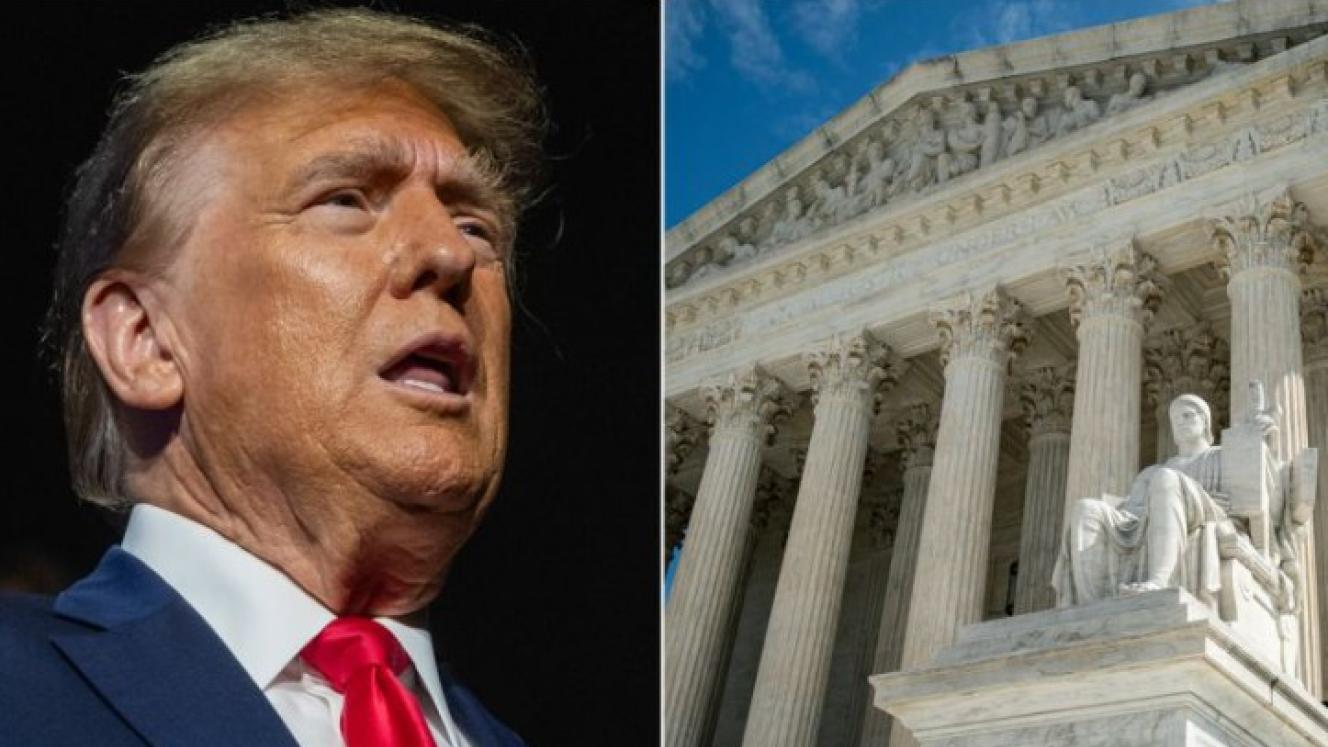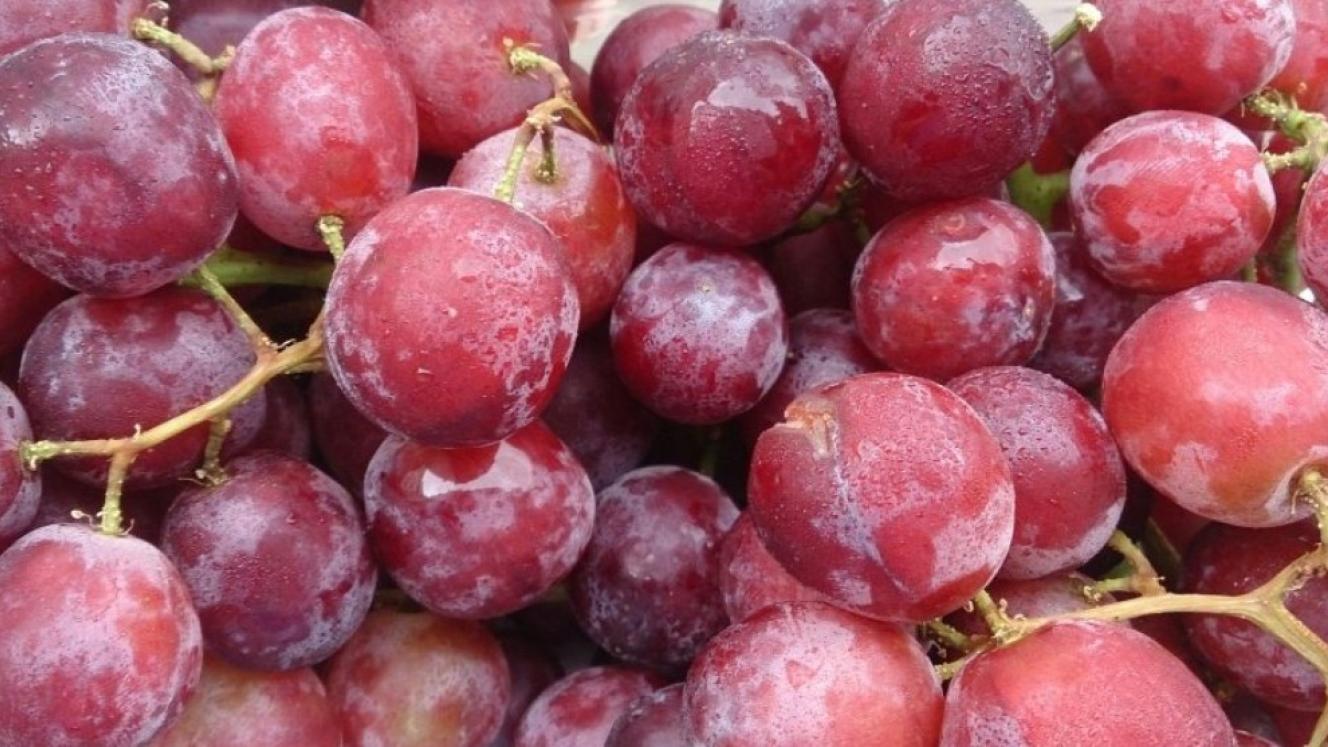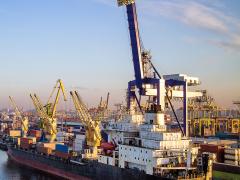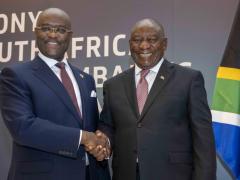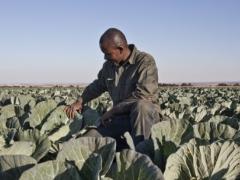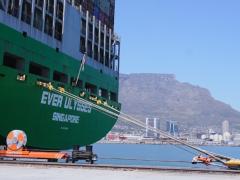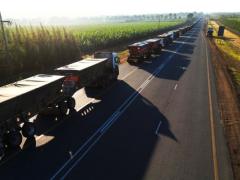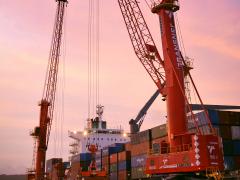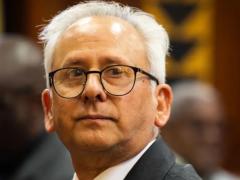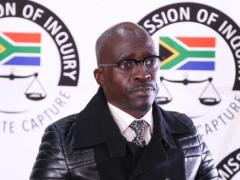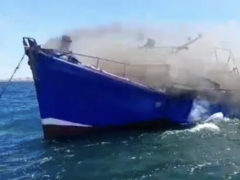The US Supreme Court justices on Wednesday grilled the Trump administration over its use of the 1977 International Emergency Economic Powers Act (IEEPA) to impose global tariffs, casting doubt on their legality and sparking concerns over refund logistics for over $100 billion in duties collected since early 2025.
In consolidated cases Trump vs V.O.S. Selections Inc and Learning Resources vs Trump, challengers, including five small businesses and 12 Democratic-led states, argue that the tariffs exceed presidential authority, as IEEPA mentions regulating imports during emergencies but omits tariffs, a taxing power reserved for Congress.
"Based on the questions posed by the justices, the IEEPA tariffs appear to be in jeopardy," said Damon Pike, principal with BDO USA's customs and trade services. He noted that all justices, except Samuel Alito and Clarence Thomas, "seemed sceptical that IEEPA gives President Trump the power to levy unlimited tariffs on every product imported from every country around the world".
Justice Amy Coney Barrett highlighted refund complexities.
"If you win, tell me how the reimbursement process would work. Would it be a complete mess?"
Neal Katyal, representing the businesses, replied that it was "a very complicated thing" that could take time, with automatic refunds for plaintiffs but administrative protests required for others. The court could opt for "prospective relief", halting future collections without retroactive payouts.
Trade experts predict a loss would prompt shifts to statutes like Section 232 of the 1962 Trade Expansion Act or Section 122 of the 1974 Trade Act.
"If the administration loses at the Supreme Court, it will simply invoke other trade laws," said Pike.
Natixis analyst Christopher Hodge has described refunds as a "bureaucratic complexity" that could prolong uncertainty, potentially delaying implementation and spurring 2026 trade talks.
Conference Board executive David Young, briefing 40 CEOs after court said there was still no clarity.
“CEOs remain kind of precariously positioned around what the future looks like,” he said.
A ruling, unlikely before early next year, could see the matter remanded to the US Court of International Trade for processing via Customs and Border Protection's Automated Customs Environment, taking up to a year, said customs lawyer, Joseph Spraragen.
Source: Reuters
